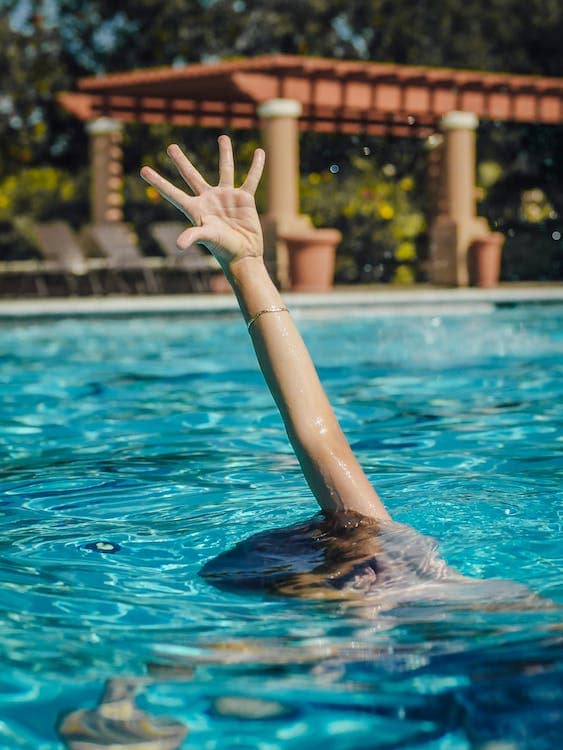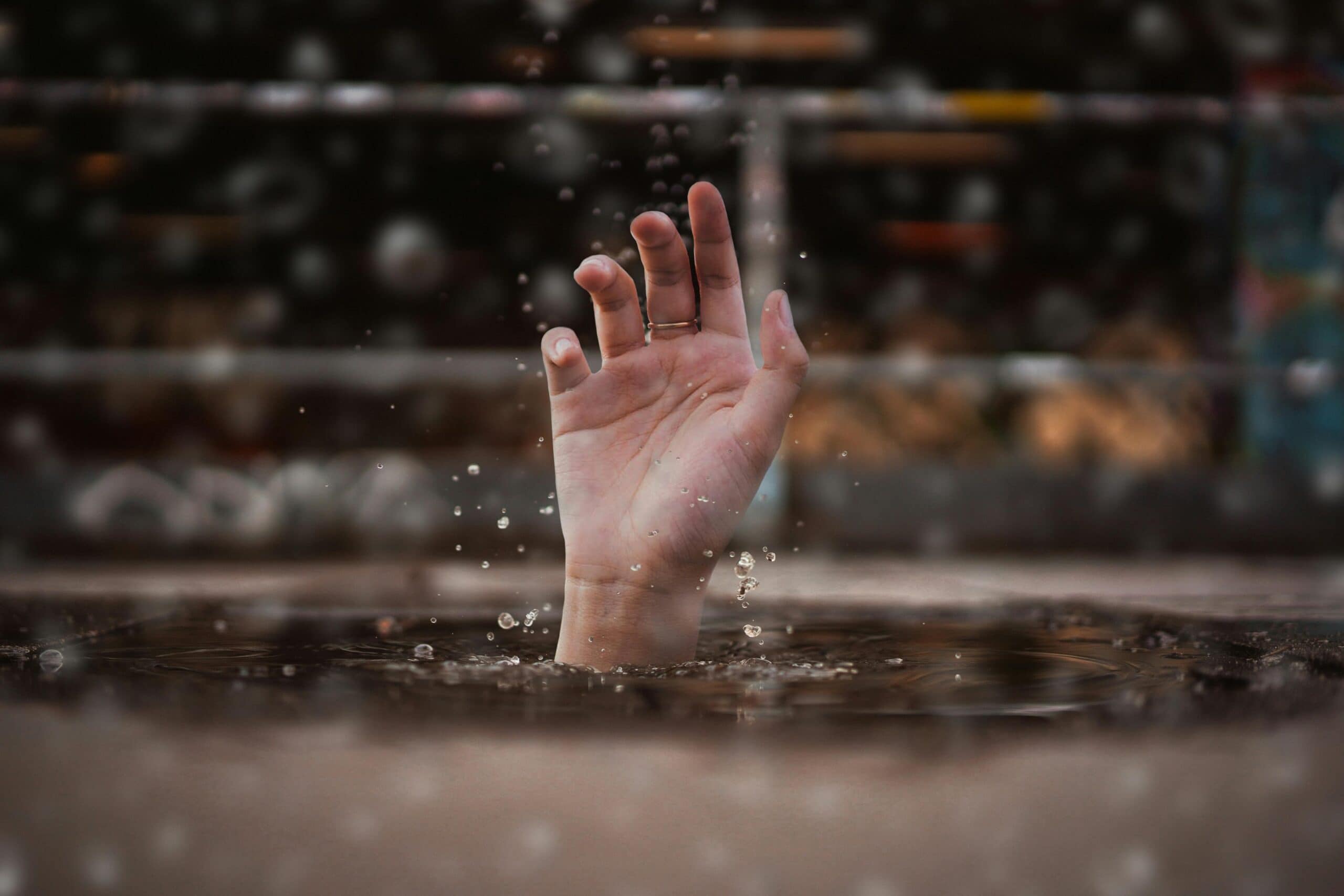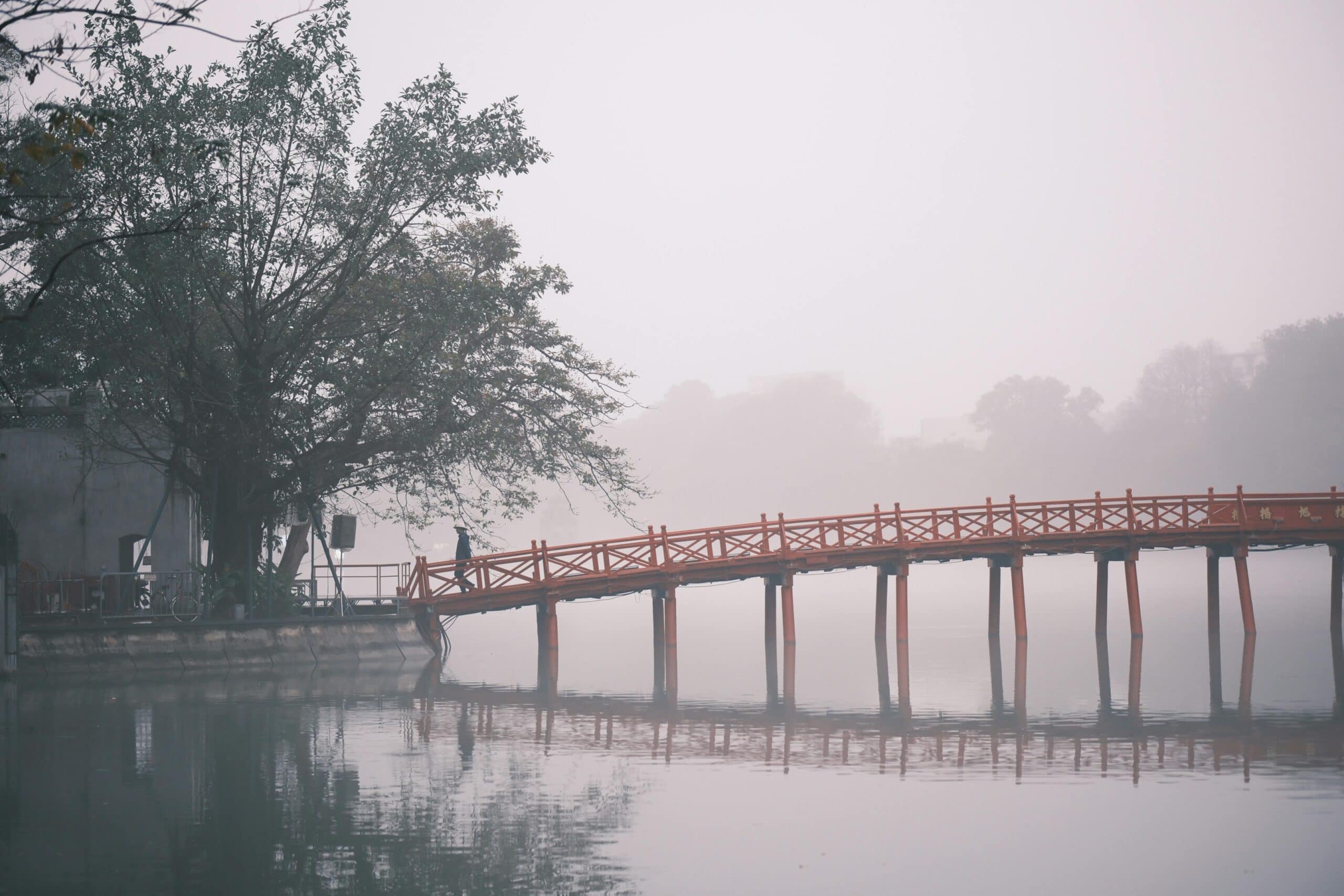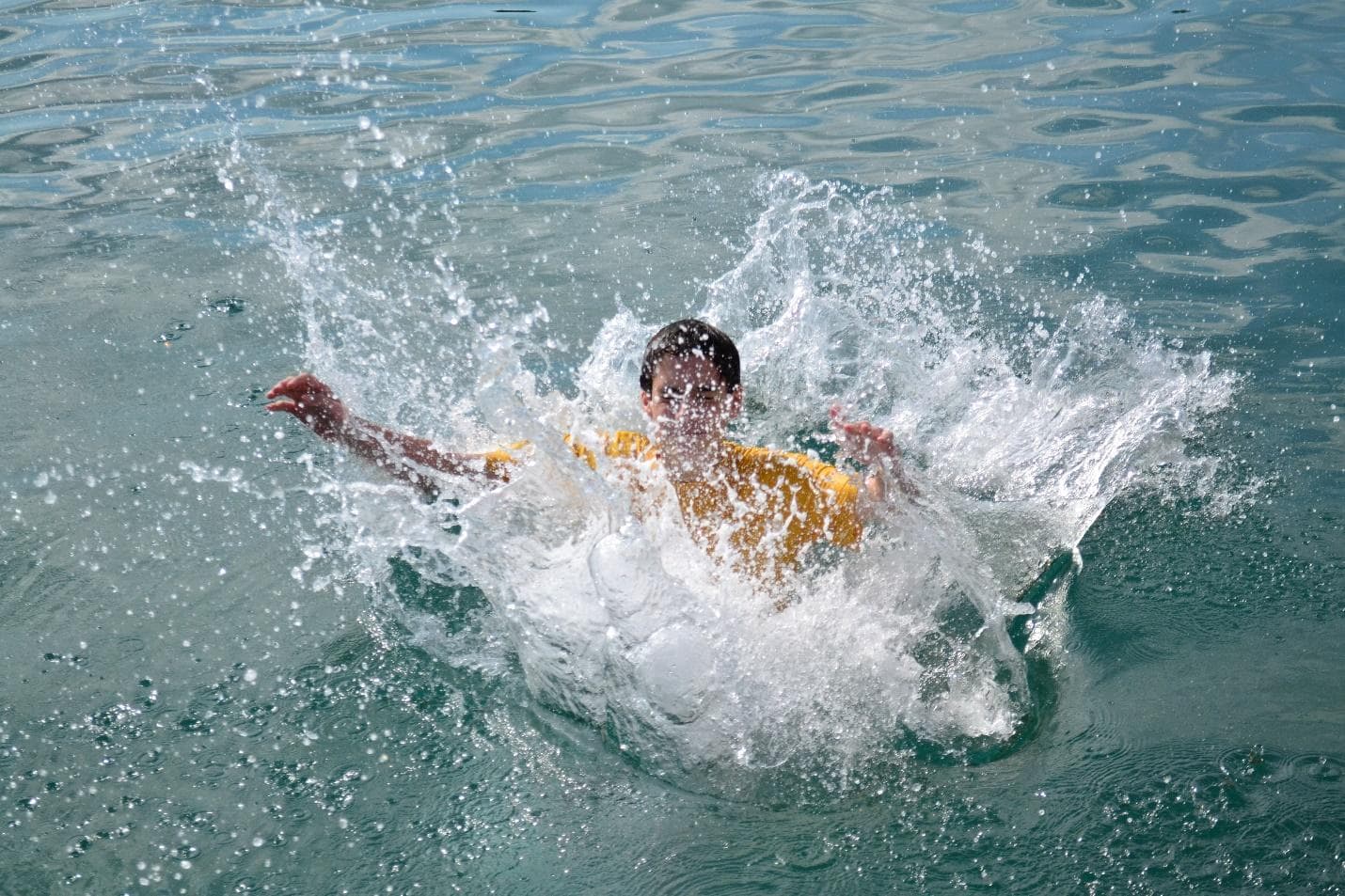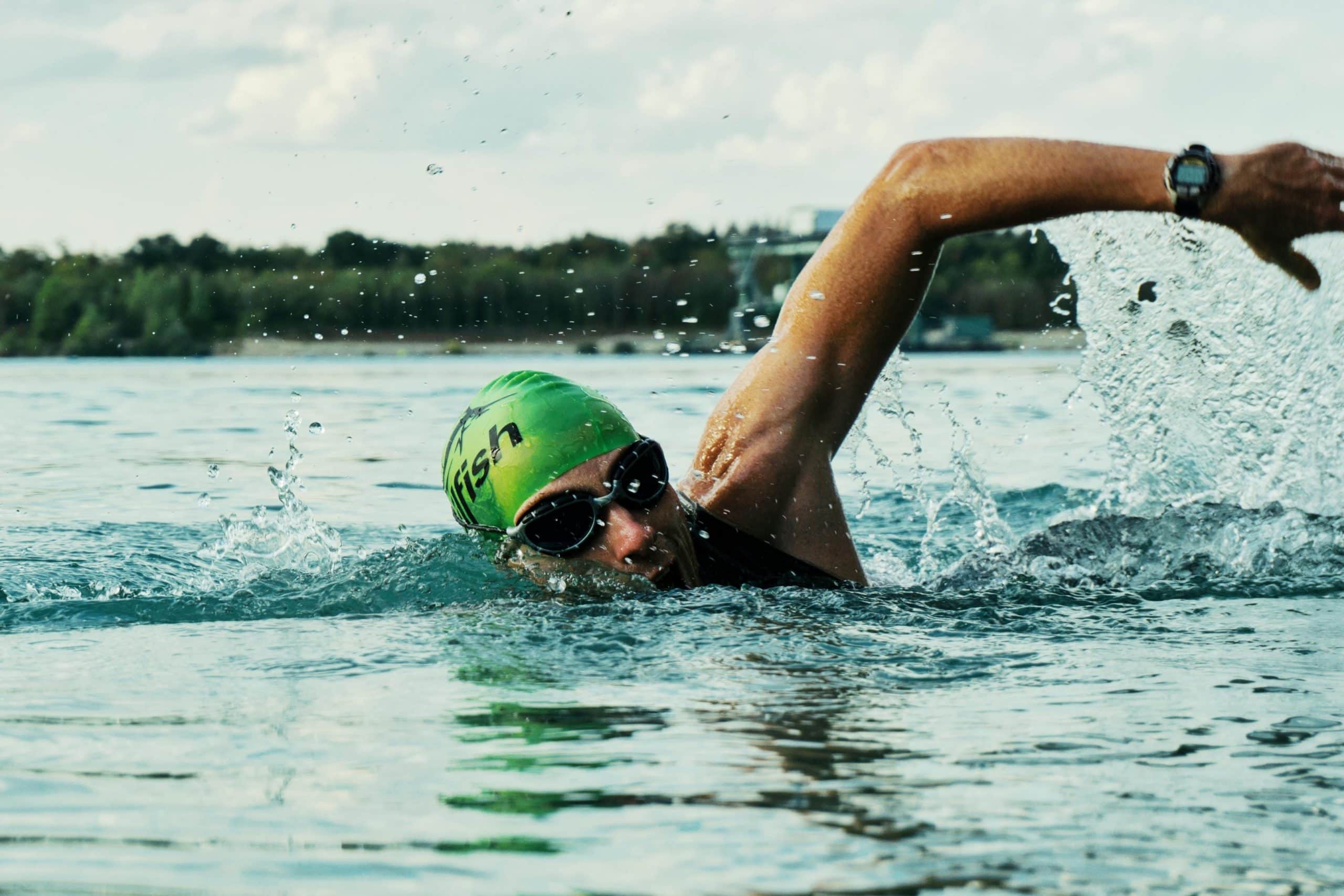
There are moments when life changes in an instant. The sound of splashing water, a sudden silence, and the desperate realization that a loved one is in danger. Harrowing experiences, such as a drowning accident, stay etched in the minds of victims and their families.
The U.S. Centers for Disease Control and Prevention (CDC) reports that approximately 4,500 people die annually from unintentional drowning, with an increasing trend observed in recent years. For those left grappling with the aftermath, taking the right steps can provide a path to justice, healing, and closure.
Step 1: Prioritize Immediate Medical Care
Focus on the victim’s health and well-being first. Whether dealing with a non-fatal drowning or a tragic loss, acting quickly can save lives and support future legal action.
Key Actions:
- Call Emergency Services: Contact emergency responders immediately to ensure timely medical care.
- Administer First Aid or CPR: If trained, provide first aid or CPR while waiting for professionals to arrive.
- Retain Medical Records: Secure all documents related to emergency care, medical bills, and diagnoses. These records strengthen your personal injury or wrongful death claim.
Step 2: Report the Incident and Notify Authorities
Filing a formal report ensures there is an official record, which is critical for proving negligence and identifying responsible parties.
When to Report:
- For public pools or water parks: Notify local authorities or facility managers without delay.
- For private pools: Inform the property owner and ensure they file a report.
Include essential details such as the date, time, and circumstances surrounding the drowning incident.
Step 3: Document the Scene and Gather Evidence
Building a strong case requires thorough documentation and evidence to establish negligence and identify liable parties.
Steps to Take:
- Photograph the Scene: Capture hazards like missing fencing, faulty pool equipment, or other unsafe conditions.
- Collect Witness Statements: Ask bystanders to describe what they saw during the accident.
- Preserve Maintenance Records: Request inspection logs from pool owners or facility operators.
Take proactive steps to secure evidence before it’s altered or lost.
Step 4: Seek Legal Representation
An experienced drowning accident lawyer actively protects your rights and pursues justice on your behalf. They provide the expertise needed to navigate the legal process effectively.
How a Lawyer Helps:
- Evaluate Claims: The lawyer assesses your case to determine if premises liability or wrongful death laws apply.
- Negotiate with Insurance Companies: They handle disputes and work to secure fair compensation for medical expenses, funeral costs, and other losses.
- File Legal Claims: Your attorney files accident lawsuits or wrongful death claims, ensuring compliance with all procedural requirements.
Step 5: Determine Liability and Establish Negligence
To hold the responsible party accountable, you need to establish how lapses in safety standards or acts of negligence led to the drowning.
Examples of Negligence:
- Property owners fail to install safety barriers or provide warnings.
- Facility staff provide inadequate supervision or hire untrained lifeguards.
- Operators neglect to maintain private or public pools.
You must show that the responsible party did not take reasonable steps to prevent the drowning incident.
Step 6: Pursue Compensation
Filing a claim allows you to recover financial and emotional damages and relieve some of the burdens caused by the incident.
Types of Compensation:
- Economic Damages: Covers medical expenses, lost wages, and funeral costs.
- Non-Economic Damages: Addresses emotional pain, trauma, or loss of companionship.
- Punitive Damages: Applies in cases of gross negligence or willful misconduct.Step 7: Take Action for Justice and Healing
Though legal proceedings cannot undo the pain, they can bring closure and ensure accountability. By partnering with compassionate accident lawyers, survivors and families can focus on healing while their legal team handles the intricacies of the case.
Step 7: Take Action for Justice and Healing
Though legal proceedings cannot undo the pain, they can bring closure and ensure accountability. By partnering with compassionate accident lawyers, survivors and families can focus on healing while their legal team handles the intricacies of the case.
Explanation of State-Specific Laws
Laws surrounding drowning accidents, premises liability, and negligence can differ significantly depending on the state where the incident occurred. Understanding these variations is crucial to building a strong case and avoiding procedural pitfalls.
Statutes of Limitations
The statute of limitations is the time limit within which you must file a lawsuit after an incident. These deadlines vary by state and can differ based on the type of claim:
Personal Injury Claims: Typically, states allow 1-3 years to file. For instance, in California, victims have 2 years from the date of the incident, while in Florida, the limit is 4 years.
Wrongful Death Claims: These often have shorter timelines. For example, Texas allows 2 years, while New York provides only 2 years from the date of death.
Claims Involving Government Entities: When filing against a public institution (e.g., a city-run pool), states often impose stricter deadlines and additional procedural steps. In California, a claim must be filed within 6 months with the government agency before pursuing a lawsuit.
Private vs. Government Liability
Private Property Owners: Property owners are typically held liable under premises liability laws, which require them to maintain safe environments. This includes private pool owners or businesses. Establishing negligence might involve proving inadequate fencing, faulty equipment, or insufficient supervision.
Government Entities: Filing a claim against a public entity, such as a municipal pool or water park, may involve sovereign immunity laws. While many states have waived immunity for negligence claims, they impose strict procedures, such as filing notices of intent or caps on damages.
Laws Protecting Victims in Drowning Cases
Victims of drowning accidents, or their families, are protected under several legal frameworks designed to ensure accountability and provide avenues for compensation. These laws primarily fall under premises liability and negligence standards, which outline property owners’ and operators’ duties to maintain safe environments.
Premises Liability Laws
Premises liability holds property owners and managers responsible for maintaining reasonably safe conditions. If a drowning occurs due to hazards such as:
Lack of fencing or locked gates around pools,
Missing or broken safety equipment (e.g., lifebuoys),
Slippery surfaces or other unsafe property conditions,
victims may file claims for negligence. States impose a “duty of care” for owners to take reasonable steps to prevent accidents, especially if children are involved (e.g., the Attractive Nuisance Doctrine).
Negligence Laws
Victims are also protected by general negligence laws, which require proving:
The defendant owed a duty of care.
There was a breach of that duty (e.g., lack of a lifeguard, improper signage).
The breach caused harm.
Federal and State Regulations
Certain cases are governed by federal or state safety standards, such as:
Virginia Graeme Baker Pool & Spa Safety Act (P&SS Act): Requires anti-entrapment drain covers and additional safety measures to reduce risks in public pools.
State-specific drowning prevention laws: Many states mandate fencing, alarms, or other safety mechanisms for private and public pools.
By leveraging these laws, victims and their families can seek justice and secure financial compensation for losses, including medical bills, funeral costs, and emotional distress.
Frequently Asked Questions (FAQ)
Q: What should I do immediately after a drowning accident?
A: Focus on ensuring the victim’s safety and call emergency services right away. Administer first aid or CPR if trained. Afterward, gather as much evidence as possible, such as witness accounts, photographs, and maintenance records of the accident site.
Q: Can I sue for damages after a drowning accident?
A: Yes, you can pursue a personal injury or wrongful death claim if negligence or unsafe conditions caused the drowning.
Q: Who can be held responsible for a drowning accident?
A: Potentially liable parties include property owners, lifeguards, government entities, or pool maintenance providers. Liability depends on factors such as lack of safety measures, inadequate supervision, or equipment failure.
Q: What evidence do I need to prove negligence in a drowning case?
A: Evidence may include witness statements, CCTV footage, maintenance records, photographs of unsafe conditions, and expert testimony on the circumstances of the accident.
Q: What damages can I recover in a drowning case?
A: Victims or surviving family members may seek compensation for medical expenses, funeral costs, lost wages, emotional pain, and in some cases, punitive damages for gross negligence.
Q: How long do I have to file a claim?
A: The time frame, known as the statute of limitations, varies by state. It’s critical to consult an accident lawyer promptly to avoid missing your opportunity to file.
Q: Can I file a claim if the accident happened at a public pool or beach?
A: Yes, you can. However, if a government entity is involved, additional rules and timelines may apply, making it essential to consult a lawyer experienced in premises liability.
Q: What is a free consultation, and how does it help?
A: A free consultation is an initial meeting with a lawyer where they assess your case without charging you. It helps you understand your legal options and decide how to proceed.
Conclusion
Navigating the aftermath of a drowning accident is a challenging journey, but understanding your legal rights and the steps to take can make a profound difference. By seeking immediate medical care, documenting evidence, and consulting an experienced attorney, you can protect your rights and hold responsible parties accountable.
If you or a loved one has been affected by a drowning accident, don’t face it alone. The Bourassa Law Group is here to provide compassionate, expert legal support. Schedule a free consultation today to discuss your case and explore your options for justice and compensation.
Contact Us Now for a Free Consultation
